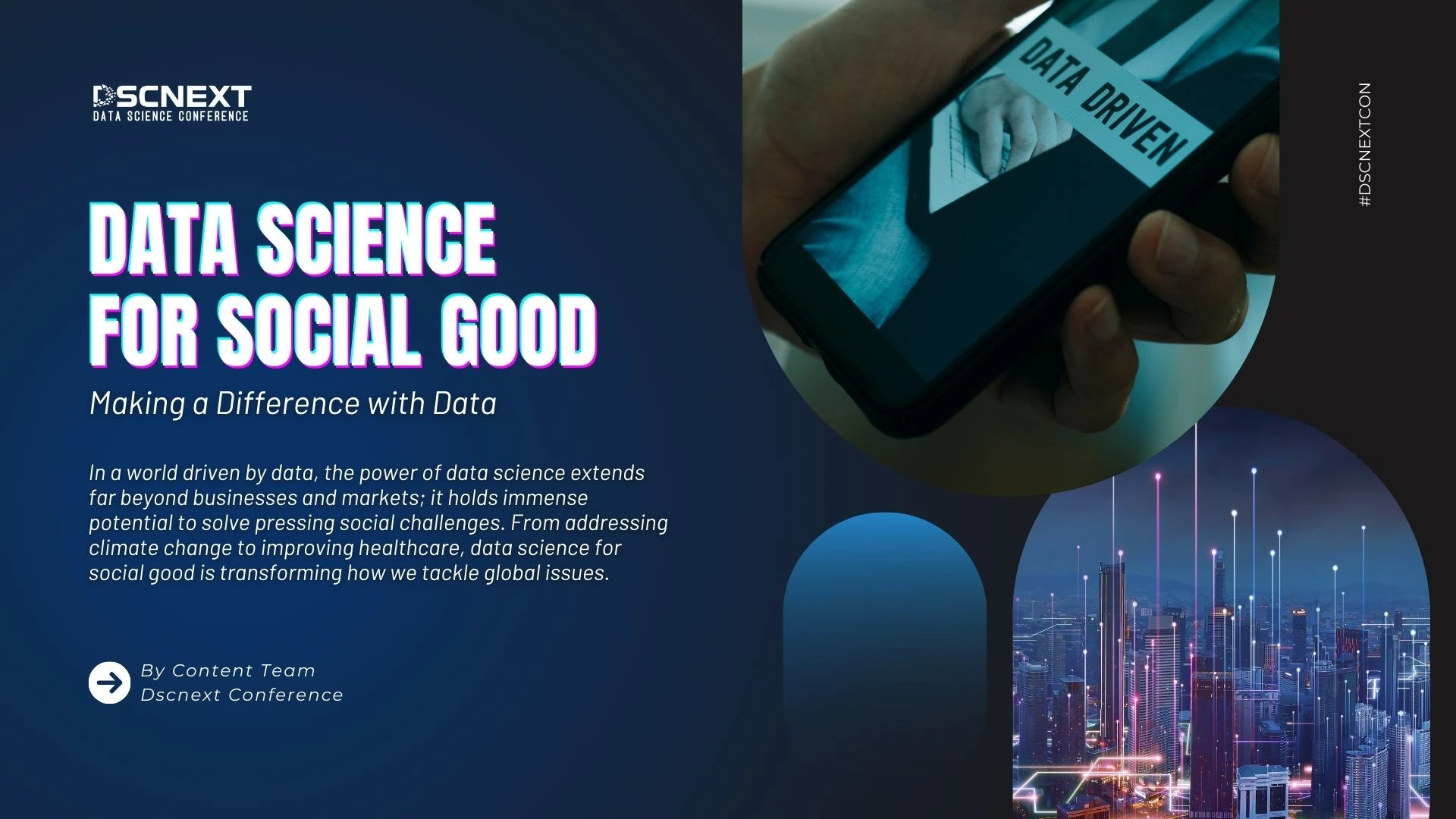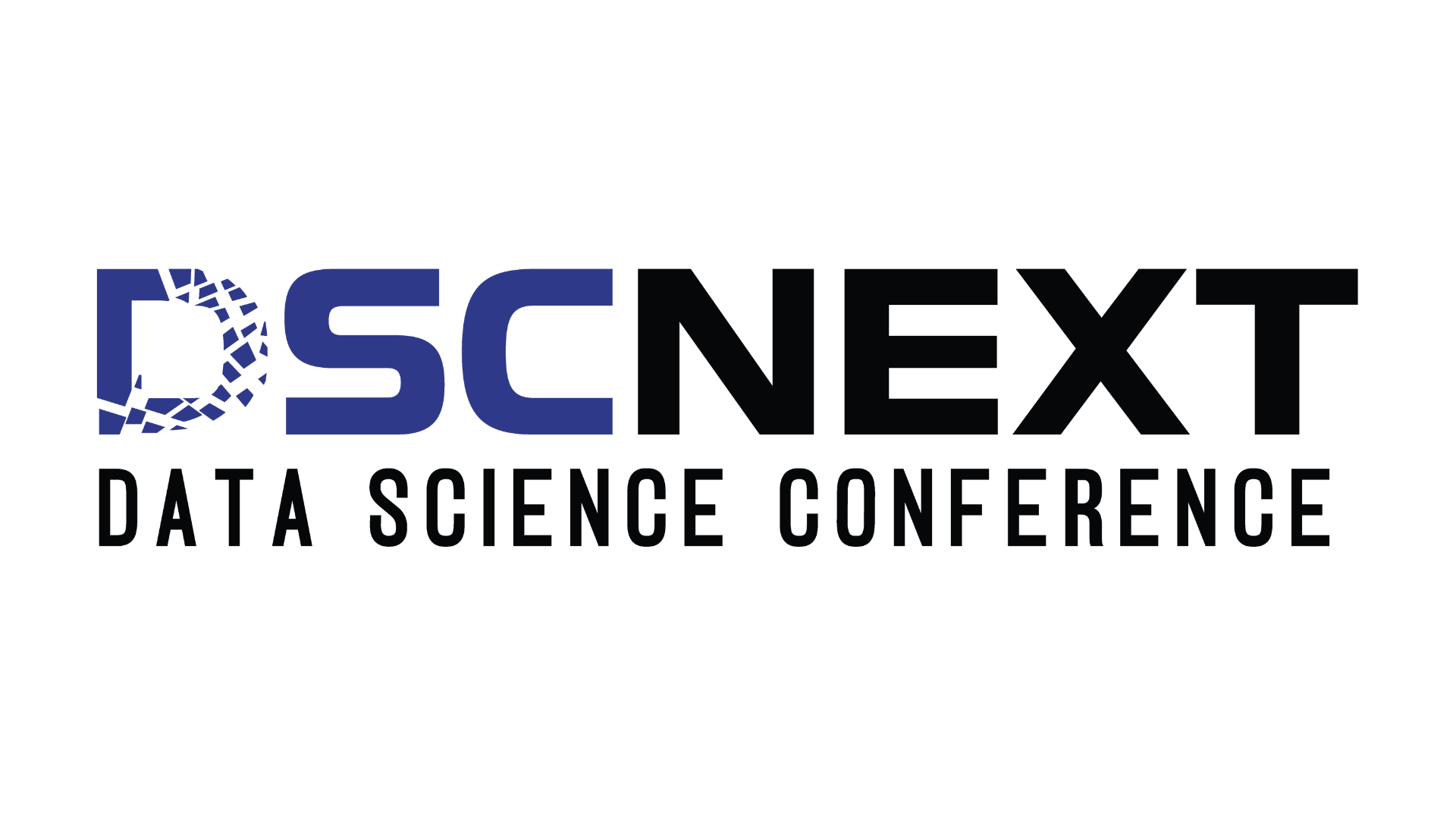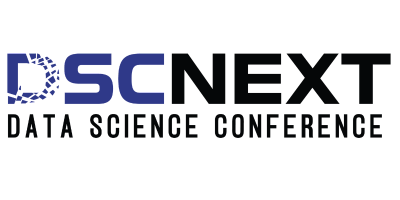
In a world driven by data, the power of data science extends far beyond businesses and markets; it holds immense potential to solve pressing social challenges. From addressing climate change to improving healthcare, data science for social good is transforming how we tackle global issues.
What is Data Science for Social Good?
Data science is transforming the world by addressing one social challenge at a time.
By harnessing the power of data analytics, machine learning, and artificial intelligence, data scientists are tackling some of humanity’s most pressing issues. From predicting and preventing disease outbreaks to optimizing disaster response efforts, data science is being used to drive positive change.
Additionally, data science is helping to address social inequalities, such as improving access to education and healthcare, and promoting environmental sustainability. As the field continues to evolve, it’s clear that data science has the potential to be a game-changer for social good, enabling us to create a more equitable, just, and sustainable world for all.
Real-World Applications
Improving Healthcare
Predictive models help identify disease outbreaks early, optimize resource allocation in hospitals, and personalize treatments. For example, AI-driven tools are being utilized to track, analyze, and combat pandemics.
Case Study: Saving Mothers with the Artemis Platform
The Artemis platform uses predictive analytics to monitor real-time data from wearable devices and medical records of pregnant women. By detecting complications like preeclampsia early, it alerts healthcare providers for timely interventions.
Hospitals using Artemis have reported lower maternal mortality rates and better patient outcomes, showcasing data science’s potential to enhance maternal care. This innovative application highlights how predictive analytics can save lives.
Revolutionizing Education
Data analytics identifies gaps in educational access and helps policymakers create targeted interventions. Personalized learning platforms also use data to enhance student outcomes. This data-driven approach ensures tailored education plans, especially for underserved communities.
Case Study: Bridge International Academies
Bridge International Academies uses tablet-based data collection to personalize learning for underserved communities. This approach, combined with predictive analytics, has improved literacy and numeracy for over 1 million students in 12 countries, showcasing the power of data in education.
Protecting the Environment
Machine learning models predict natural disasters, monitor deforestation, and optimize renewable energy systems. For instance, satellite data combined with AI is helping track illegal mining and logging.
Case Study: Monitoring Deforestation with Global Forest Watch
Global Forest Watch uses satellite imagery and machine learning to combat illegal deforestation. By detecting anomalies and alerting authorities in real-time, this initiative has saved thousands of hectares of forests while promoting sustainable forestry practices worldwide.
Tackling Poverty and Hunger
Data science supports NGOs in optimizing food distribution and identifying communities in need. Predictive analytics aids in designing welfare programs that are more effective.
Case Study: The Togo COVID-19 Relief Program
In Togo, the COVID-19 pandemic intensified poverty, leaving families in need of immediate support. The government partnered with researchers to leverage satellite imagery and mobile phone data. Using AI models, they identified vulnerable households and prioritized cash transfers, reaching over 137,000 families with accuracy and speed.
Challenges and Ethical Considerations
Data Privacy: Protecting the privacy of individuals whose data is analyzed is crucial.
Bias in Data: Algorithms can perpetuate inequalities if the data used is biased.
Accessibility: Ensuring that solutions benefit underrepresented communities is vital.
Collaboration and Partnership
Collaboration is vital for leveraging data science to address social challenges effectively. Here are examples of partnerships across various sectors:
Government Partnerships
1. University of Chicago – DSSG Program: Partners with governments and nonprofits to tackle social issues using data science.
2. US Census Bureau – DSSG Program: Collaborates with universities to address social good projects through data science.
Nonprofit Partnerships
1. American Red Cross & Palantir: Created a data platform to improve disaster response strategies.
2. UNICEF & IBM: Used data analytics and AI to enhance child health and well-being.
Private Sector Partnerships
1. Microsoft & The Nature Conservancy: Developed AI tools for environmental conservation.
2. Google & World Wildlife Fund: Utilized machine learning and satellite data to monitor deforestation.
Academic Partnerships
1. Stanford University – DSSG Program: Works with organizations to apply data science for social good.
2. MIT – Data Science for Social Impact: Develops data-driven solutions for societal challenges.
Multi-Stakeholder Partnerships
1. Global Partnership for Sustainable Development Data: Unites governments, organizations, and private companies to use data for achieving the SDGs.
2. Data Science for Social Good Network: Connects institutions and individuals committed to solving social problems with data science.
These partnerships highlight the transformative potential of collaboration in addressing global challenges. By uniting diverse expertise and resources, such initiatives pave the way for sustainable and impactful solutions.
Conclusion
Data science is no longer confined to commercial applications; it is a tool for transformative change. By addressing societal challenges through data-driven insights, we can create a more equitable and sustainable future. The opportunities are limitless when technology meets purpose.
If you’re a data scientist or enthusiast, consider contributing your skills to social good projects. Together, we can make a difference.
The Data Science Conference 2025 will be an exciting event for anyone interested in data science. It will bring together experts and professionals to discuss the latest trends and technologies like AI, machine learning, and big data.
The conference will feature talks, workshops, and networking opportunities, giving attendees a chance to learn, share ideas, and explore new solutions to real-world problems. Whether you’re a beginner or an experienced data scientist, the conference will offer valuable insights and connections to help you grow in the field.


